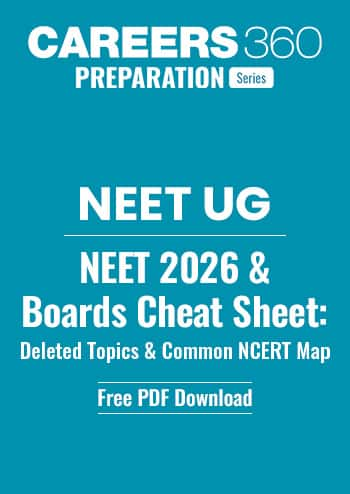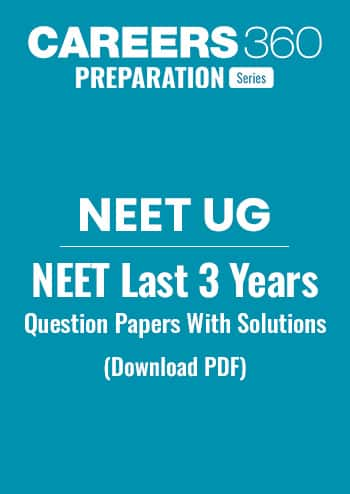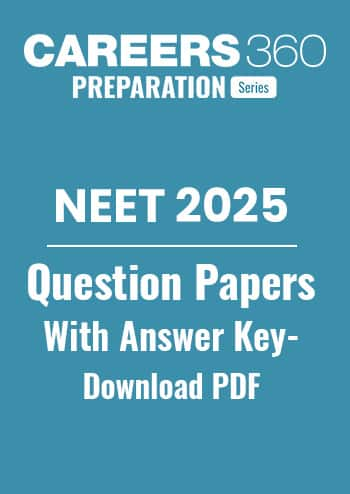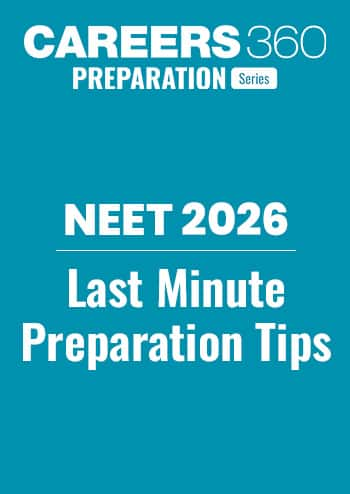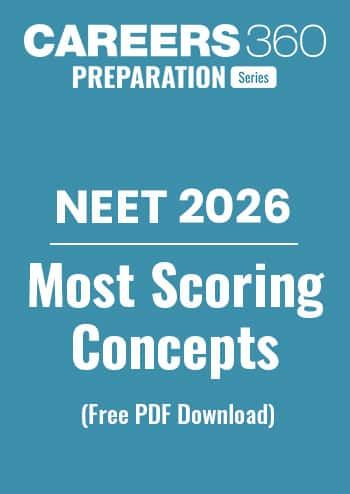Amphibolic Pathway MCQ - Practice Questions with Answers
Edited By admin | Updated on Sep 18, 2023 18:34 AM | #NEET
Quick Facts
-
11 Questions around this concept.
Solve by difficulty
Aerobic respiratory pathway is appropriately termed:
The aerobic respiratory pathway is appropriately termed:
Concepts Covered - 1
Amphibolic Pathway
- Glucose is the favored substrate for respiration. All carbohydrates are usually first converted into glucose before they are used for respiration.
- Other substrates can also be respired, but then they do not enter the respiratory pathway at the first step.
- Fats would need to be broken down into glycerol and fatty acids first. If fatty acids were to be respired they would first be degraded to acetyl CoA and enter the pathway. This is called beta-oxidation of fats.
- Glycerol would enter the pathway after being converted to PGAL.
- The proteins would be degraded by proteases and the individual amino acids (after deamination) depending on their structure would enter the pathway at some stage within the Krebs’ cycle or even as pyruvate or acetyl CoA.
- Since respiration involves the breakdown of substrates, the respiratory process has traditionally been considered a catabolic process and the respiratory pathway as a catabolic pathway.
- But the intermediates of the Krebs’ cycle are used for anabolic processes.
- When the organism needs to synthesize fatty acids, acetyl CoA would be withdrawn from the respiratory pathway for it.
- Similarly, during the breakdown and synthesis of protein too, respiratory intermediates form the link.
- Breaking down processes within the living organism is catabolism, and synthesis is anabolism.
- Because the respiratory pathway is involved in both anabolism and catabolism, it would hence be better to consider the respiratory pathway is an amphibolic pathway rather than as a catabolic one.


Study it with Videos
"Stay in the loop. Receive exam news, study resources, and expert advice!"




